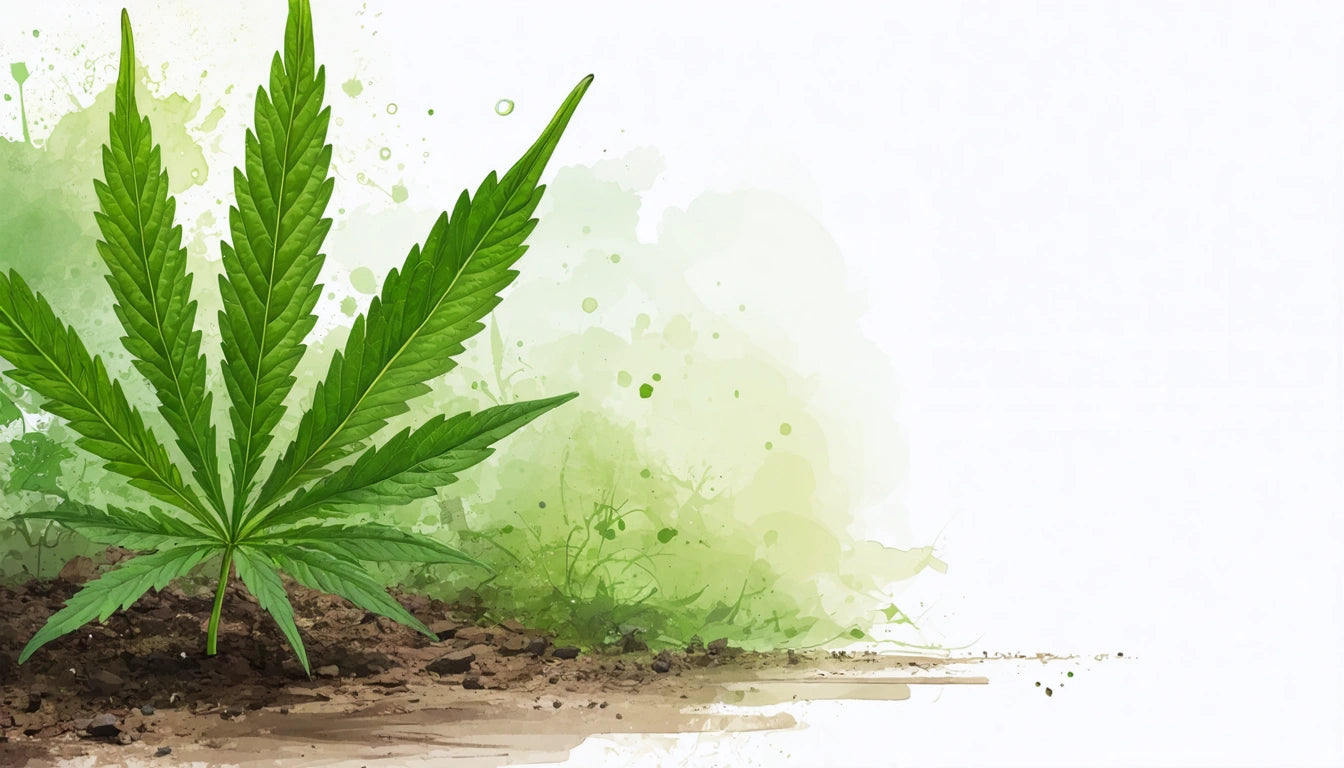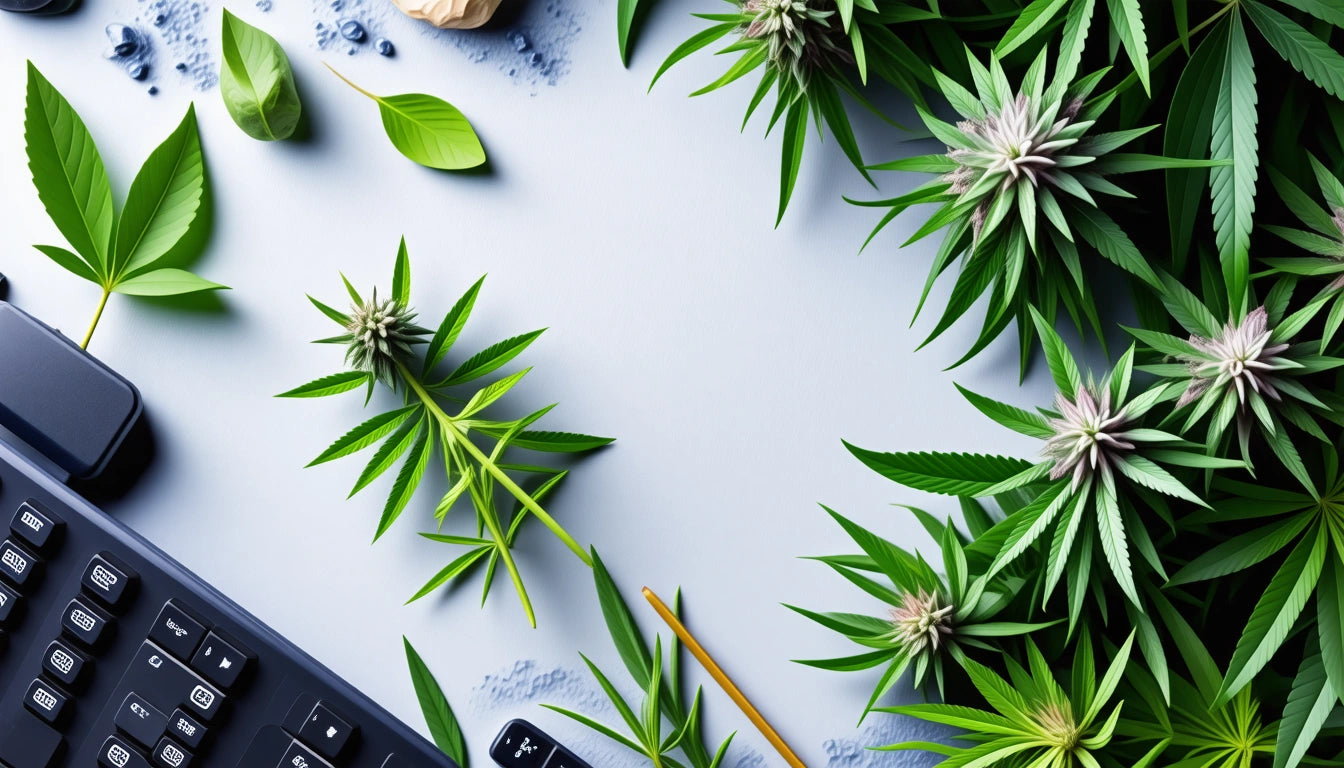Table of Contents
- History of Colorado Marijuana Legalization
- Purchase and Possession Limits Under Colorado Weed Laws
- Where Can You Smoke Weed in Colorado? Understanding Consumption Regulations
- Colorado Weed Growing Laws for Residents
- Medical vs. Recreational Marijuana in Colorado
- Colorado Marijuana Driving Laws and Enforcement
- Regional Differences: Is Weed Legal in Colorado Springs?
- Cannabis Industry Compliance and Packaging Requirements
- Navigating the Future Cannabis Landscape in Colorado
Understanding Colorado's Marijuana Laws: A Comprehensive Guide
Colorado made history in 2012 when it became one of the first states to legalize recreational marijuana. Since then, the state has developed a comprehensive regulatory framework that governs everything from personal possession to commercial sales. Whether you're a resident, visitor, or business owner, understanding Colorado marijuana laws is essential for legal compliance and responsible use.
History of Colorado Marijuana Legalization
Colorado's journey to legalization began with Amendment 20 in 2000, which permitted medical marijuana use. The landmark moment came in 2012 with the passage of Amendment 64, which legalized recreational cannabis for adults 21 and over. The history of weed legalization in Colorado shows how the state pioneered a regulated market that has since become a model for other states.
Commercial sales began on January 1, 2014, establishing Colorado as the first state with a regulated recreational cannabis market. The legal framework has continued to evolve, with updates to regulations addressing emerging issues and refining the system.
Purchase and Possession Limits Under Colorado Weed Laws
Under Colorado weed laws, adults 21 and older can legally purchase and possess:
- Up to 1 ounce (28 grams) of marijuana flower
- Up to 8 grams of concentrate (such as wax or shatter)
- Products containing up to 800mg of THC in edible form
These Colorado weed limits apply to both residents and visitors. However, dispensaries may impose their own daily purchase restrictions. Understanding Colorado's cannabis purchase limits is crucial for consumers to remain compliant with state regulations.
Where Can You Smoke Weed in Colorado? Understanding Consumption Regulations
While possession is legal, the question "can you smoke weed in Colorado anywhere you want?" has a clear answer: no. Public consumption remains prohibited. Legal consumption is limited to:
- Private residences (with owner permission)
- Licensed consumption lounges (where available)
- Certain cannabis-friendly hotels and accommodations
Colorado laws about weed consumption prohibit use in public spaces, including parks, sidewalks, businesses, and most hotels. Smoking is also banned in areas covered by the Colorado Clean Indoor Air Act. Violations can result in fines starting at $100.
Visitors should note that national parks, forests, and federal lands within Colorado remain under federal jurisdiction, where marijuana possession and use remain illegal regardless of state law.
Colorado Weed Growing Laws for Residents
Colorado weed growing laws permit adults 21 and over to cultivate cannabis at home with specific restrictions:
- Maximum of 12 plants per residence (regardless of how many adults live there)
- Only 6 plants can be flowering at one time
- Plants must be in an enclosed, locked space
- Cultivation must not be visible to the public
- Grows must be kept away from minors
Local municipalities may have stricter Colorado weed laws growing restrictions, so checking county and city regulations is essential. For example, Denver limits residential grows to 12 plants even if multiple adults reside at the address.
Medical vs. Recreational Marijuana in Colorado
Colorado maintains separate frameworks for medical and recreational cannabis. Medical marijuana patients enjoy several advantages:
- Lower tax rates on purchases
- Higher possession limits (2 ounces)
- Access to higher-potency products
- Ability to designate a caregiver to grow plants
- Permission to grow up to 24 plants with extended plant count approval
Colorado medical weed laws require patients to obtain a recommendation from a qualified physician and register with the state's medical marijuana registry. Qualifying conditions include cancer, glaucoma, HIV/AIDS, PTSD, and severe pain, among others.
Colorado Marijuana Driving Laws and Enforcement
Colorado marijuana driving laws establish a legal limit of 5 nanograms of THC per milliliter of blood. However, any amount can result in a DUI if it impairs your ability to drive. Law enforcement uses various methods to detect impairment:
- Standardized field sobriety tests
- Blood tests (which can be required under implied consent laws)
- Drug Recognition Experts (DREs)
Penalties for marijuana DUIs are the same as alcohol-related offenses, including license suspension, fines up to $1,000, and possible jail time. Understanding Colorado's drug enforcement can help consumers avoid serious legal consequences.
Regional Differences: Is Weed Legal in Colorado Springs?
While state law establishes a baseline, local jurisdictions can implement stricter regulations. The question "is recreational weed legal in Colorado Springs?" highlights these regional differences. Despite state legalization, Colorado Springs prohibits recreational dispensaries, though medical marijuana remains available to registered patients.
Other municipalities with restrictions include:
- Colorado Springs: Medical only, no recreational sales
- Pueblo County: Allows both with specific zoning requirements
- Douglas County: Opted out of recreational sales
Weed laws in Colorado Springs demonstrate how local control creates a patchwork of regulations across the state.
Cannabis Industry Compliance and Packaging Requirements
For cannabis businesses, Colorado marijuana laws mandate strict compliance with packaging and labeling requirements. All products must be sold in child-resistant packaging with specific warning labels and THC content clearly marked. Businesses must also utilize proper storage solutions for inventory management, including secure storage options like mylar bags that maintain product freshness while meeting compliance standards.
Additional business requirements include:
- Comprehensive seed-to-sale tracking
- Strict inventory control measures
- Regular compliance inspections
- Specific security protocols
Obtaining a Colorado weed license requires extensive background checks, significant capital investment, and ongoing compliance with evolving regulations. Colorado's comprehensive marijuana legalization guide provides details on the licensing process.
Navigating the Future Cannabis Landscape in Colorado
Colorado's cannabis regulations continue to evolve as the market matures. Recent and upcoming changes include:
- Expanded social consumption options
- Delivery services in participating municipalities
- Social equity programs to address historical disparities
- Ongoing adjustments to potency limits and testing requirements
Staying informed about changes to Colorado cannabis laws is essential for both consumers and businesses. Colorado's cannabis culture continues to set trends that influence policy nationwide, making it a bellwether for the industry's future.
Whether you're a resident, visitor, or business stakeholder, understanding the nuances of Colorado marijuana laws ensures responsible participation in this groundbreaking market while avoiding potential legal pitfalls.











Leave a comment
All comments are moderated before being published.
This site is protected by hCaptcha and the hCaptcha Privacy Policy and Terms of Service apply.